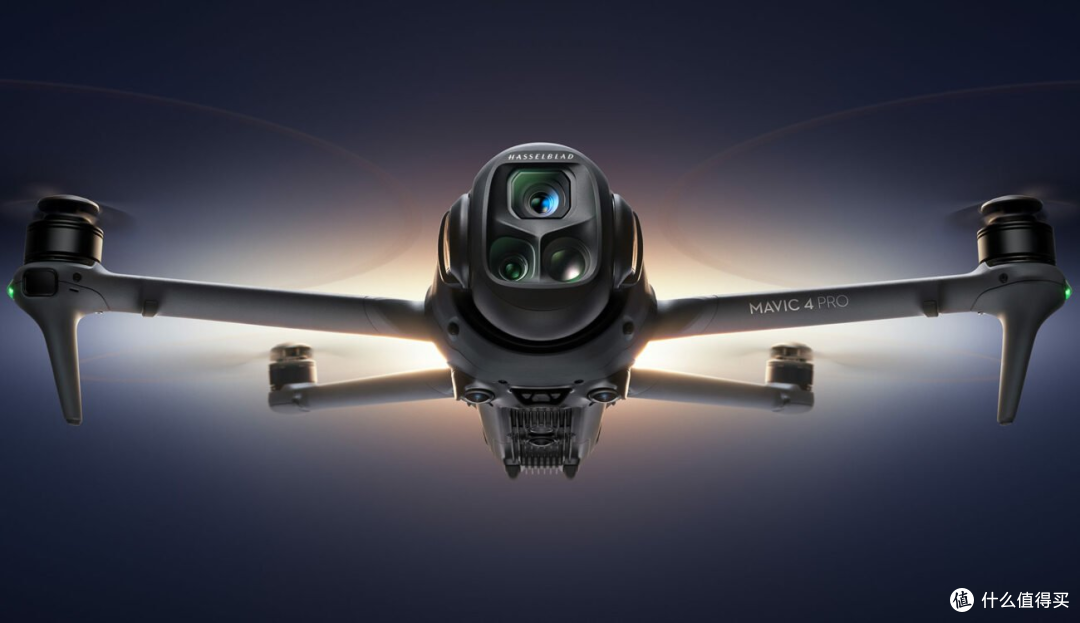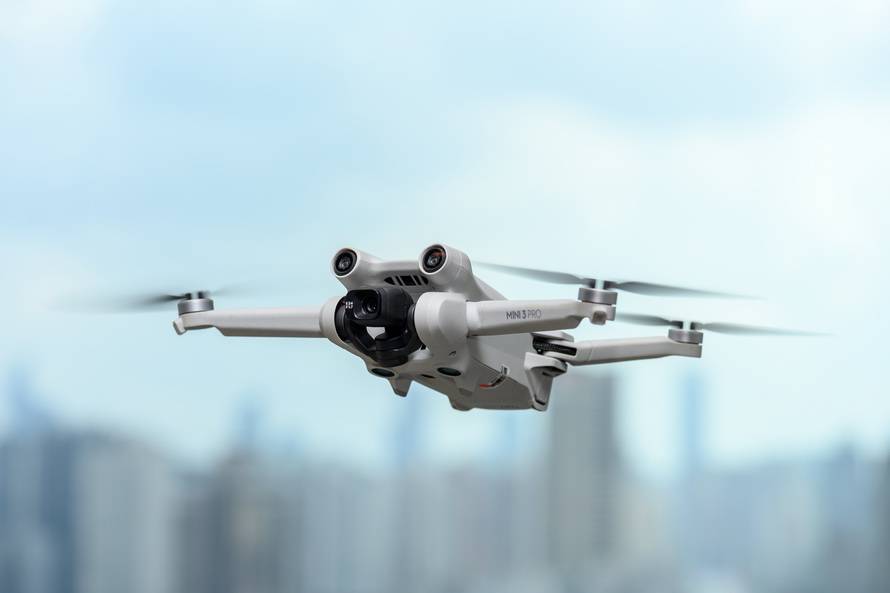When it comes to drones in New Jersey, understanding the regulations and the various types available is crucial for enthusiasts and professionals alike. The term “what are the drones in NJ” encompasses both recreational and commercial uses, and knowing the rules is essential to ensure smooth flying experiences without legal confusions. Let’s delve into the world of drones in NJ, their classifications, and pertinent regulations to arm yourself with all necessary information.
Understanding Drone Regulations in New Jersey
Operating drones in New Jersey involves adhering to federal and state regulations. The Federal Aviation Administration (FAA) oversees drone operations across the United States, ensuring safe integration of drones into the national airspace. In NJ, local laws complement FAA rules, often addressing privacy and specific operational concerns. It’s vital for drone operators to familiarize themselves with these laws to avoid fines or penalties. For instance, pilots must follow the FAA guidelines pertaining to drone registration, flight restrictions around airports, and altitude limits.
Classifications of Drones: Commercial vs. Recreational

Drones in NJ can broadly be categorized into recreational and commercial types. Recreational drones are typically used for personal enjoyment, such as capturing photographs or videos during leisure activities. Their operation generally involves fewer restrictions compared to commercial drones, although pilots must remain vigilant about flying above people, over private property, and in restricted zones.
Commercial Drone Applications
On the other hand, commercial drones serve purposes ranging from real estate surveying to agricultural monitoring and beyond. These drones require a more meticulous approach given their economic impact and potential risks. Operators must secure FAA Part 107 certification, which involves passing a knowledge test and understanding specific operational practices.
Choose the Right Type of Drone
Selecting the right drone is pivotal, influenced by factors including the intended application, flight stability, camera quality, and battery life. For those focused on recreational activities, drones with good camera resolutions and easy handling are ideal. Commercial users might prioritize drones with enhanced flight capabilities and robust data collection features.
Further Considerations
Safety and privacy must not be overlooked. NJ laws emphasize protecting citizens from unwarranted surveillance or disruptions, requiring operators to maintain a sensible distance from residential areas and avoid capturing personal data without consent. Additionally, it’s recommended to have liability insurance in place to safeguard against potential accidents.
FAQs About Flying Drones in NJ
- What permits do I need to fly a drone commercially in NJ? – You need to obtain the FAA Part 107 certification, which allows commercial drone operations within established guidelines.
- Are there zones where drone flying is prohibited? – Yes, drones cannot be flown near airports, military bases, or densely populated areas without permission.
- Do I need insurance for my drone? – While not legally required, it is highly recommended to have drone insurance to cover potential damages or liabilities.

In summary, understanding the dynamics surrounding drones in NJ, including their types and regulations, is imperative for safe and lawful flying. By complying with both state and federal laws, enthusiasts and professionals alike can enjoy the myriad benefits drones offer.